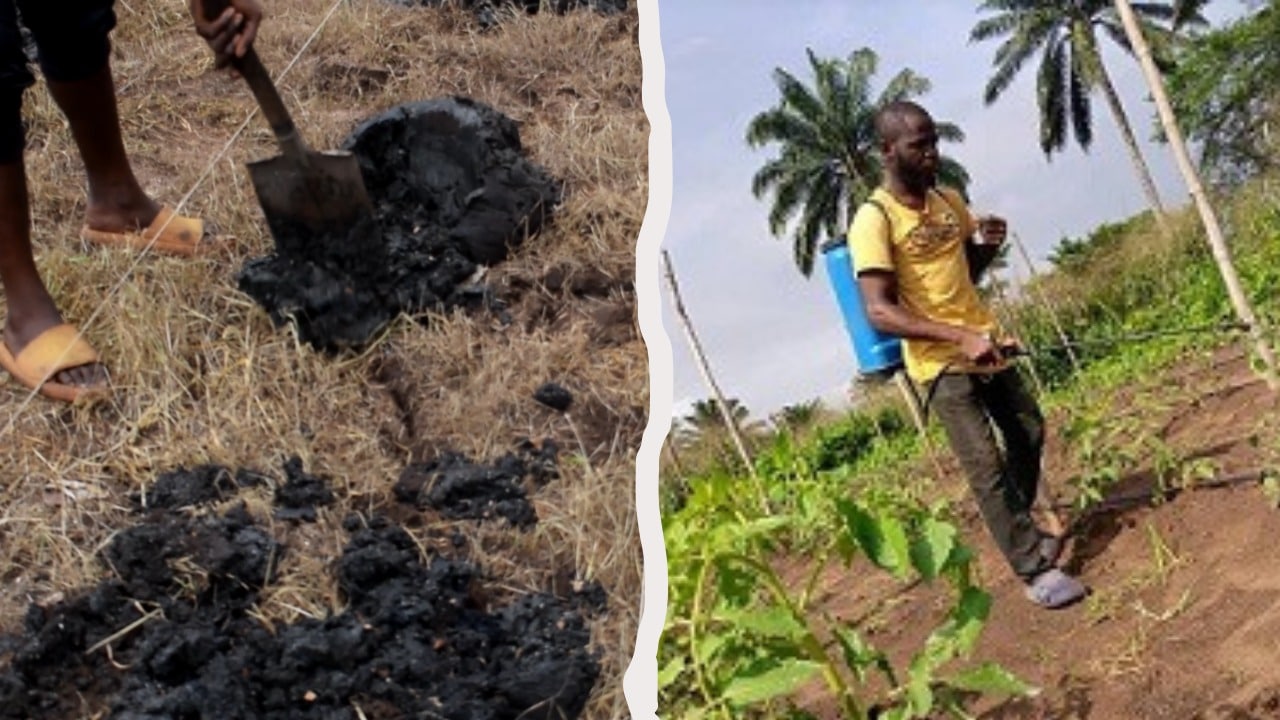
Building a food secured Africa

Building a food secured Africa

ORGANIC VS INORGANIC FARMING
Once upon a time in the ancient era, our ancestors depended on crops from the wild, and as time evolved, they began to grow what they ate. As the population of the world began to increase and many researchers started looking for ways to enhance agricultural productivity, new innovations started sprouting up. The use of synthetic and chemical fertilizers, pesticides, herbicides, etc. started gaining popularity among farmers.
Recent discoveries have shown that the continuous utilization of these chemicals or inorganic substances is beginning to have adverse effects on the environment. Including the soil components, crop quality, and the health of the final consumers because of chemical residues in harvested produce.
Aside from profit-making, when it comes to growing crops or raising livestock, one should be able to consider the health of the environment as well as that of the consumers. Many people have had health challenges due to the rising rate of chemicals used in crop production. In order to manage this situation, it is necessary to find solutions.
One remarkable lesson learnt from the Thai farmers in Chiang Mai during the 2023 training in Thailand was the fact that they are gradually adopting the organic system of agriculture. The farmers are substituting synthetic or chemical soil amendment or crop enhancement inputs with natural or organic materials.
Organic farming can help reduce a lot of these adverse effects on the environment, the soil, and human health. However, organic farming still requires agricultural practices such as plowing, tilling, manure application, weeding, and foliar spraying to be carried out. But there is this new innovation that’s tilting towards the ancient era, which is called natural farming.
Organic Farming entails a free mode of farming in which there is no till, no use of chemicals, no weeding, crops are integrated with trees, and livestock are raised to encourage biodiversity. Natural Farming is considered ‘no-till’ farming because farming is done without relative human intervention but with nature taking its course on the success of what is farmed.
Which do you prefer: organic farming or inorganic farming?